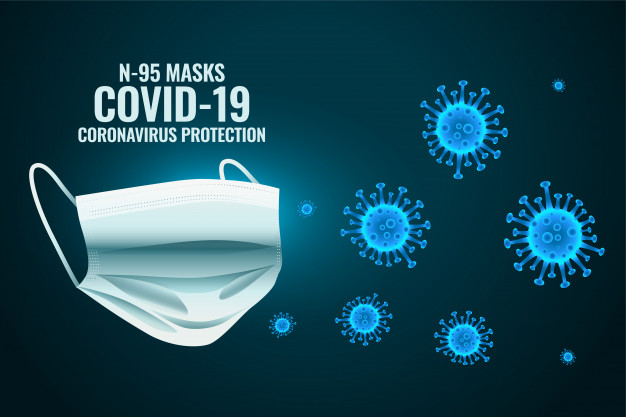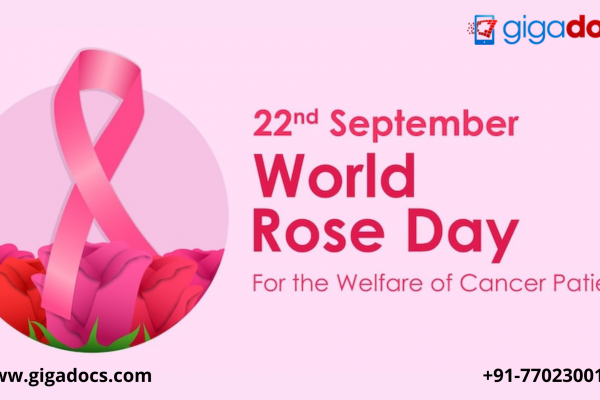The Omicron variant of the coronavirus, which is causing the current global outbreak, is highly transmissible but causes milder symptoms in most cases compared to the Delta variant. The Delta variant was responsible for India’s lethal second wave in April-May 2021. According to studies, Omicron promotes faster recovery with less viral load shedding.
Omicron Symptoms
Fever, cough, sore throat, and tiredness are the most widespread Omicron symptoms. The Omicron variant of the Covid19 pandemic is associated with headache and fatigue (seen in approximately 65 percent of cases).
It has been observed that most people who become infected are either asymptomatic or do not require hospitalization. While this is a positive sign, it is essential to wear masks and maintain social distancing.
- People who test positive for the Omicron variant of SARS-CoV-2 must isolate themselves at home provided they have received two doses of the coronavirus vaccine and have no symptoms.
- The first step is to isolate yourself from your family and rest of your social circle. Everyone in the family staying at home must wear face masks. As much as possible.
- Patients who have been discharged must continue to wear face masks.
- They’d be tested in five days. If two swabs test negative for COVID-19 within 24 hours, they can resume their normal routine.
- For patients over the age of 60, those with co-morbidities such as heart disease, hypertension, diabetes, and immunocompromised patients (HIV-positive, transplant recipients, cancer therapy), home isolation shall be permitted only after a proper evaluation by the treating medical officer.
- Every home should have a digital thermometer. Those who are self-isolating, including those who live in the same house as the infected person, must check their temperature regularly.
- Pregnant women who are two weeks past their due date are not permitted to confine themselves at home.
- Do not self-medicate or undergo blood tests or radiological imaging such as a chest X-ray or a chest CT scan without consulting a doctor.
- Other family members should not be given the patient’s utensils, dishes, bedding, towels, or other personal items. Hand hygiene should be practiced by the patient. Those with comorbidities can choose home isolation, but their eligibility will be determined after a medical evaluation.
- If you are under home quarantine, do not entertain any visitors.
- Every household must ensure sanitization when the isolation time is over.
Along with protecting patients at home, these guidelines will ensure that hospital beds are prioritized for patients with severe symptoms and that healthcare workers are not overburdened while caring for patients around the clock.
Covid Vaccinations
As Omicron rages, vaccinations for adolescents (between 15-18) and the ‘precautionary’ doses for vulnerable groups have begun. One needs to be vigilant that the 3rd dose is administered to vulnerable citizens only after a wait of 9 months from their 2nd dose.
Mental Health during Covid Home Isolation
While people are quickly recovering from this new strain, being confined to a room for a week doing nothing can be difficult and impact mental health. During home isolation, experts advise staying active and developing a routine.
- Create a routine.
It is critical to stick to a routine that includes exercise, nutrition, healthy eating habits, adequate sleep, frequent breaks, and limited screen time.
- Be active, listen to music.
Try incorporating some physical activity into your days to stay active and happy, such as jogging, light exercise, or gentle dancing to your favorite music. This causes the release of endorphins, which are the “happy hormones” that make us feel better.
- Self-care is essential.
Breathing exercises can aid in the treatment of emotional distress. Along with practicing mindfulness, developing a habit can help you improve your daily routine. Make time to meditate, be grateful, and practice self-care.
Omicron Consultation with Gigadocs
Teleconsultation for COVID-19 is a viable option for efficiency and safety during the pandemic. Digital consultation obtained online via video call or chat eliminates the need for the patient to visit a hospital, making it a preferred option for individuals experiencing mild symptoms. It is also strongly advised to reduce hospital traffic and avoid unnecessary admissions.
The Gigadocs teleconsultation app is now available for download. It allows you to consult an infectious disease specialist from the comfort of your own home at a time that is convenient for you. Get the Gigadocs app from-
IOS App – apple.co/2W2iG4V
Android App – bit.ly/33AQoRC
To know more e-mail, at info@gigadocs.com




